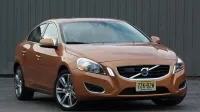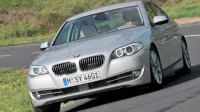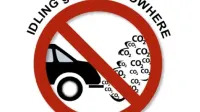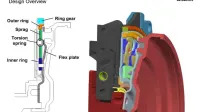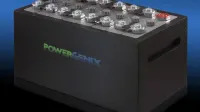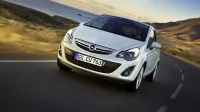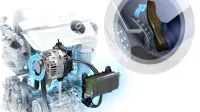Volvo adding stop-start tech to automatic trans-equipped vehicles
Volvo is methodically adding stop-start technology to its vehicles equipped with a six-speed automatic transmission over in Europe. The stop-start tech, which initially is only available on vehicles with the 2.0-liter D3 turbodiesel engine, cuts CO2 emission by approximately ten grams per kilometer and reduces fuel consumption by 0.4 liter per 100 km.
